
חינוך ילדים בבית בו הורה אחד דתי והאחר חילוני – המדריך המלא
בעוד שחינוך ילדים מהווה אתגר בכל תא משפחתי, הרי שבמשפחות המשלבות רקעים דתיים שונים, המורכבות הופכת
When individuals mention levels of Judaism, they are usually speaking to the various ways Jewish people experience their faith, identity, and traditions. For some, Judaism is very much a religion – an experience centered around prayer, Torah study, and fulfilling mitzvot (the commandments). For others, Judaism is more a cultural or spiritual experience – an experience about community, ethics, and the feeling of membership.
There is no correct level of Judaism. Judaism is a very rich, layered experience that enables each person to be at home in a way. Like a journey of a lifetime, discovering Judaism is not so much a set of rules – it is often a process of discovering where your heart feels best.
Rony Dayan conveys this idea nicely in his book, The Journey to the Light, which recognizes that every person seeking something spiritually has their own journey towards understanding, meaning, and belonging – similarly, each individual experience of Judaism is unique.
Judaism fundamentally teaches that life is meaningful — which we sometimes describe as the soul having a spark of divine light. This light is not restricted to one group or form of practice; rather, it flows through study, acts of kindness, and self-awareness. The different branches of Judaism represent different faces of the light. A few, often the more traditional or observant expressions, develop the light through study and observance of rituals. Many people find that the light sparkles through acts of loving-kindness, singing, or engaging in other acts of compassion for the welfare of their community. The context of Jewish observance or ethics isn't as important as the shared goal, which is to bring to the world as much light as possible.
Rony Dayan's The Journey reminds us that there is spirituality that goes beyond ritual; the ritual is weighted by intention. In the same way Judaism impresses upon us that every good deed (mitzvah) brings us closer to healing the world, Dayan notes that every infinitesimal step toward rationality brings us closer to our authentic self.
Today there is a lot of talk about whether tradition can coexist with modern life. The beauty of Judaism is that tradition has always been a malleable thing. From the ancient world to the modern urban environment, Jewish values have shaped family, community, and meaning.
Some families connect with tradition by lighting candles, completely disconnecting from technology, and making the day more sacred. Others see Shabbat as a time to "unplug" from all the busyness of life, and to imprint, emotionally, on their family and friends. These differences of practice highlight that Judaism is diverse, but the faith is also unified on many levels.
Dayan's The Journey to the Light articulates this balance brilliantly, and court-style urges us to remember that whatever challenges we experience issues of our modern life , are merely a call to re-engage timeless truths. Every challenge can be a spiritual mirror reflecting back who we have become and what we care about.
Judaism's emphasis on ongoing development — known as teshuvah or “return” — has an intrinsic, compelling value as a concept. Teshuvah isn't about guilt; it's about returning to the best version of oneself. Whether a person is richly observant or merely beginning to explore the ancient tradition of Judaism, each step taken is important.
The particular levels and stages of Judaism can be thought of as similar to stages in this work on the inside. Some individuals begin by learning about the stories or teachings that contain these important values. Others take it a step further by studying the written Torah or carrying out the rituals associated with the levels one has explored. Over time, the learning takes root, and a change takes place inside the heart and spirit versus merely the mind.
In Rony Dayan's The Journey, this same sense of inner work can be thought of as a metaphor of life's journey, moving through darkness and confusion toward meaning, light, and clarity. The concept of change and growth can be distilled into a simple message that is still profound: spiritually moving forward is not a race to the end; rather it is a unique rhythmic experience for each soul.
One of the greatest gifts of learning about the various expressions of Judaism is the audacity to know that yours doesn't show or look like another person's. You might discover your closest attachment to Judaism in prayer, in study, or in charitable deeds; what matters imitatively is how authentic you can be doing what brings you ease and meaning.
This is what resonates so heavily for us in Rony Dayan's message from Journey to the Light. The journey to the light is not about reaching our destination and becoming perfect but using our journey to learn to embrace the process. Just as no two expressions of Judaism look the same, no two reader's journey is not also sacred, valid, and necessary.
If you are seeking to better understand how you fit into this tradition that is ancient but always changing, start small. Ask questions, read, reflect and listen. The more you unravel, the more comfortable you will become and discover the light you were searching for has been within you this entire time.
The varying levels of Judaism are not about separation – they’re about depth. Everyone is walking the same pathway, whether they’re the most observant in every detail of Jewish law or whether they’re living the spirit of Jewish law through kindness every day.
As Rony Dayan elegantly states in her book The Journey to the Light, as human beings we are not about comparing or contrasting paths, but rather taking our own path with meaning and conviction. Every moment of awareness, compassion or gratitude is a step closer to the divine.
👉 Want to know more? That is to continue reading the book The Journey to the Light by Rony Dayan and take your next step in understanding your own spiritual journey.

בעוד שחינוך ילדים מהווה אתגר בכל תא משפחתי, הרי שבמשפחות המשלבות רקעים דתיים שונים, המורכבות הופכת

למרות ששלום בית נתפס לעיתים כמציאות אידיאלית נטולת מתחים או ויכוחים, מהותו האמיתית אינה טמונה בהיעדר
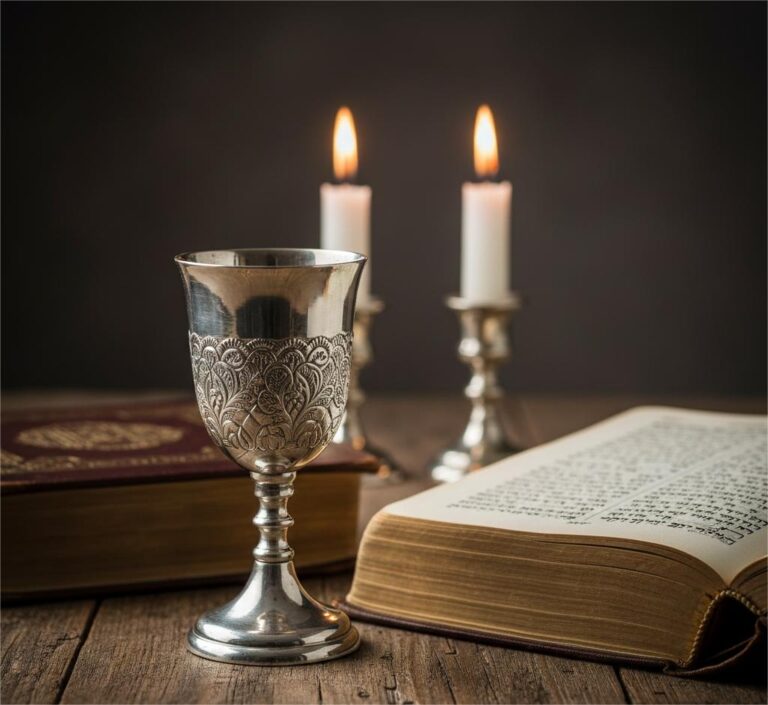
While emotions can influence a lifelong commitment, the essence of a lifelong marriage develops through the

הבדלי תפיסות ואורח חיים בתוך התא המשפחתי עלולים לייצר עושר רגשי וגיוון, אך הם מציבים גם

With the speed of information and fast-paced lifestyles, education continues to be the greatest means of
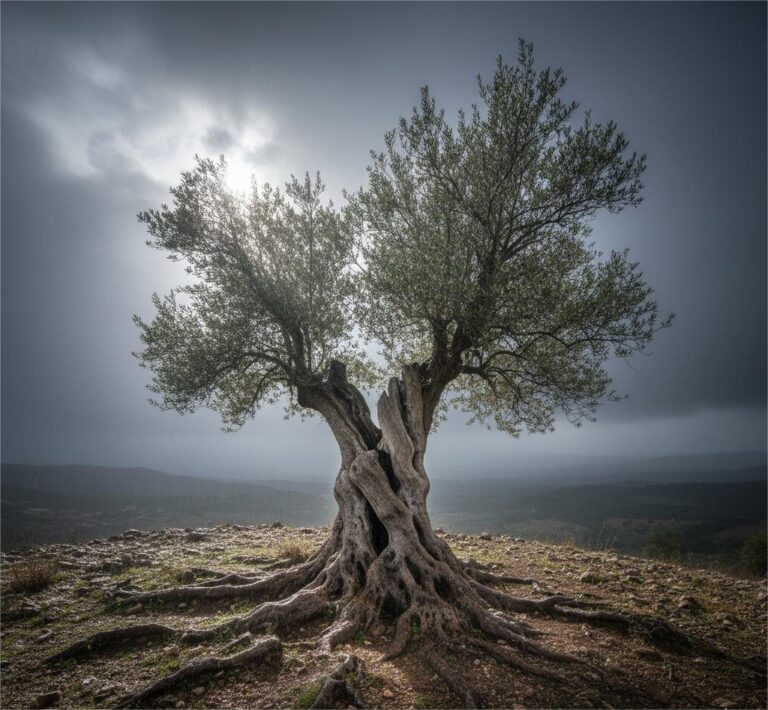
People look to something solid during uncertain times, an inner anchor that gives them clarity, hope,

The meaning of the word "commitment" is about much more than just a piece of paper
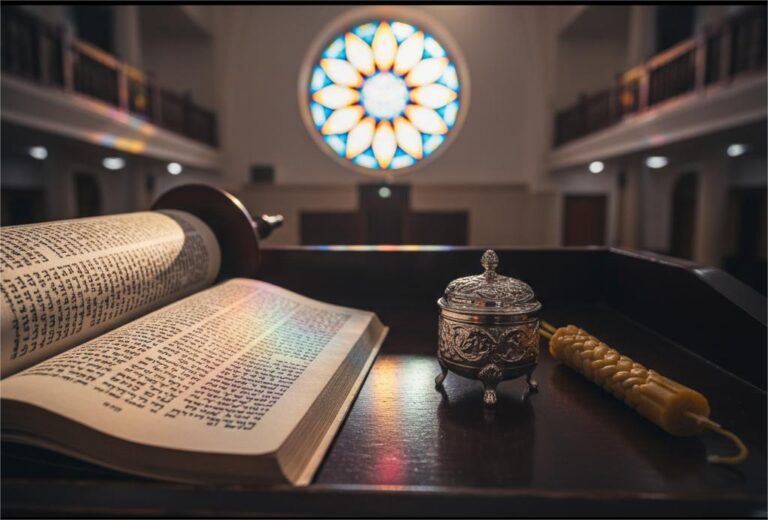
Faith in Judaism is rarely experienced in a linear manner; more often than not, it is

בניגוד ללמידה הפורמלית, שבה הגורם החיצוני קובע את הציפיות, את התוכן ואת הקצב, למידה עצמית מאפשרת

ספר רוחני לא רק נותן השראה, אלא גם פתח למקום שהוא יותר פנימי ואישי, בו כל

זמן איכות משפחתי הפך לאחד הדברים שנעלמים מהר מלוח הזמנים בעולם שהוא רועש ועמוס כמו שאנחנו
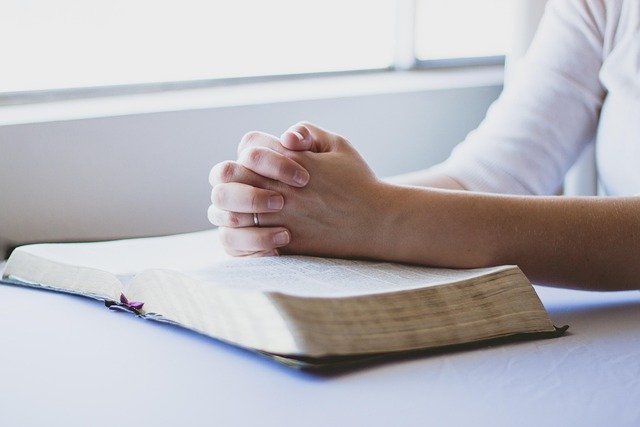
קשר זוגי בעולם של היום דורש יותר מרק אהבה. הוא דורש מודעות, תקשורת, גמישות ואת הנכונות

When you hear the word 'education', you likely envision a classroom, an exam or test, and/or

Many individuals are motivated to find clarity, meaning, and emotional balance in an uncertain environment. Emuna

Understanding Emuna in a Modern World In today’s Increasingly hectic world, the growing need for individuals

Understanding Marriage Through a Meaningful Lens Marriage is a bond that can be the most important

Understanding Marriage Through a Modern and Spiritual Lens Marriage is one of life's finest gifts we
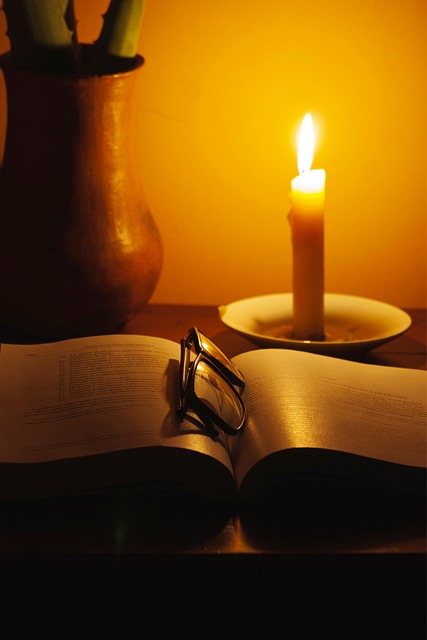
Understanding the True Power of Education Education is a significant aspect of shaping one’s thoughts, behaviours,

זוגיות בין בעל דתי ואישה חילונית יכולה להיות אחת החוויות המעשירות, המורכבות והמרגשות שיש. היא מפגישה

ספר הוא דבר קסום שיכול "לתפוס" אותנו ולהשפיע משמעותית על החיים שלנו. העלילה לא חייבת להיות

כולנו רוצים להתקדם ולהתפתח, גם מבחינה רגשית, זוגית ופנימית ולא רק מבחינה כלכלית או מקצועית, אנחנו

Exploring the Many Dimensions Within Judaism Judaism is a very historic and meaningful faith that has

רבים מאיתנו מחפשים רגעים של שקט, חיבור ומשמעות בעולם המודרני, שבו הכול מתנהל בקצב מהיר. השילוב

בעוד שרוב האנשים תופסים רוחניות כמשהו מרומם הקשור למדיטציה, ניתוק מהעולם או תפילה, רוחניות אמיתית אינה

בעידן שבו המידע זורם מכל כיוון והגבול בין אמונה לידיעה הופך להיות דק מאוד, מתחיל המסע

מסכים הפכו לחלק בלתי נפרד מחיינו, המציאות הנוכחית מאופיינת בשינויים מהירים כאשר הרשתות החברתיות מעצבות את

קשה למצוא רגעים אמיתיים של חיבור בין בני המשפחה בעידן שבו המסכים השתלטו על כל רגע

שהכל זז מהר בעולם של היום, קשה לעצור לכמה רגעים ולהתבונן פנימה. משהו בנו מתגעגע לעומק,

In today's world, education is often seen as something that takes place inside of a classroom.

When people think of marriage, they often envision a picture-perfect love story, with moments of laughter

Education goes beyond classrooms, tests, or degrees; it is the building block of how we decode

Whenever people think of Judaism, they often think of religion – prayers, traditions and ancient texts.
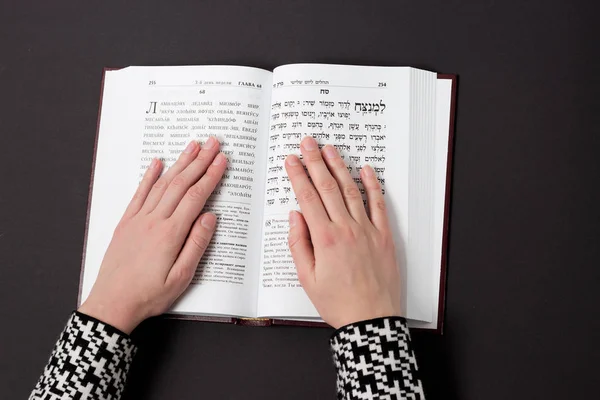
נדמה שספרים רוחניים שייכים לעולם הישן, בעיקר בעידן שבו המסכים שולטים. הרשתות החברתיות ממלאות כל רגע
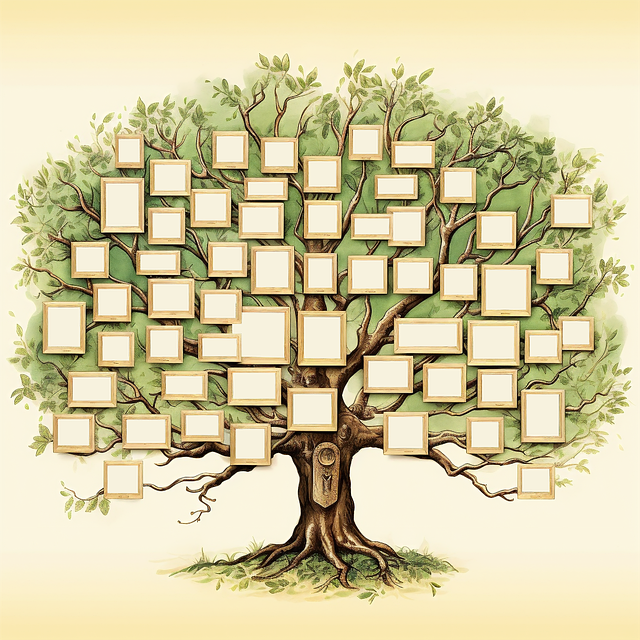
When we contemplate the notion of family, the first words that spring to mind are love,

Life often turns one's thinking upside down just when we are feeling comfortable. Whether it is

Understanding the Journey to the Light While the image of the “journey to the light” might

Personal development means much more than a career or academic success. It means developing our internal

ביטוי כמו שלום בית הוא לא רק מושג הלכתי אלא צורך אנושי בסיסי. בכל משפחה יש

כשאנחנו שומעים את הביטוי משמעות החיים, רבים חושבים על פילוסופיה כבדה או על שאלות שאין להן

כולנו נמצאים במסע חיים ייחודי. הביטוי life journey מתאר לא רק את מה שעברנו עד כה,

המילה family מעלה אצל כולנו תחושות חום, שייכות וביטחון. אבל האמת היא שלא תמיד קל לשמור

בעולם שבו אנחנו מוקפים במידע אינסופי, המושג education קיבל משמעות רחבה הרבה יותר מלימודים פורמליים בבית
ורוני דיין לא בא ללמד, הוא בא לשתף אמת.
הספרים שלו מחכים להחכים גם אותך.
אנחנו מאמינים בשקיפות מלאה ובשליטה של כל אחד במידע האישי שלו. רוצים לראות איזה מידע שמור אצלנו? לחשוב שמשהו צריך עדכון, תיקון או אפילו מחיקה? פשוט תמלאו את הפרטים – ואנחנו נטפל בזה.
צרו איתנו קשר ונשמח לחזור אליכם ולראות במה אפשר לעזור